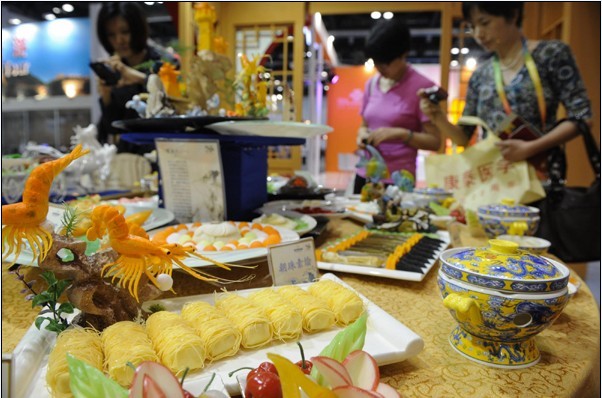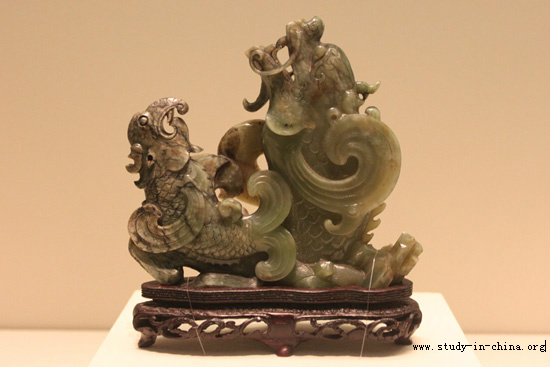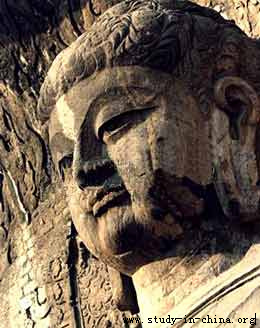| Home > China Feature |
Education History
Examination content in Ancient Times
In the 2000-year-long examination history of ancient China, Chinese people have tried all kinds of examination contents they could come up with.
From the Western Han Dynasty (206BC-23AD) to the Northern and Southern Dynasties (1336-1392), recommendation system was prevailing and examinations played only a supplementary role. The contents of examination fell into two categories: Confucian classics forintellectuals and papers for civil officials. There has been little change to that in the time of recommendation system.
With the appearance of Keju (imperial examinations), the contents of examinations were gradually enriched. During the Tang Dynasty (618-907),the major part of the examinations consists in poems. That's why poems saw an unprecedented development in the Tang Dynasty. In the Song (960-1279) and Yuan Dynasty (1271-1368), Confucian classics argumentation gradually replaced the poems as the main contents of examination. In the Ming (1368-1644) and Qing Dynasty (1644-1912), the imperial examinations became more important and more complicated, as the eight-part essay was adopted for the explication of the Confucian classics and formed the basis for a reinstatement of the examination system.
In a word, the contents of examinations in ancient China were mainly Confucian classics and literature. In the time of recommendation, Confucian classics and literature were separated. In the time of imperial examinations, the two gradually bacame intergrated.
Art
 more
moreChina Beijing International Diet ...
Recently, The hit CCTV documentary, A Bite of China, shown at 10:40 ...

Exhibition of Ancient Chinese Jad...
At least 8,000 years ago, Chinese ancestors discovered a beautiful...

Longmen Grottoes
The Longmen Grottoes, located near Luoyang, Henan Province, are a tr...

Custom
 more
moreWeb Dictionary
Martial Arts
Tai Chi Master Class Held in Moscow
MOSCOW, June 15, 2016 (Xinhua) -- Students learn from Shaolin ...
Celebriting 70 years' efforts in restoring Mogao...
Work is being carried out at the restoration site of cave No 98 a...
Hong Kong Children's Symphony performs in Seattle
Under the theme of Tribute to the Golden Age, a concert featuring a ...





 print
print  email
email  Favorite
Favorite  Transtlate
Transtlate 








